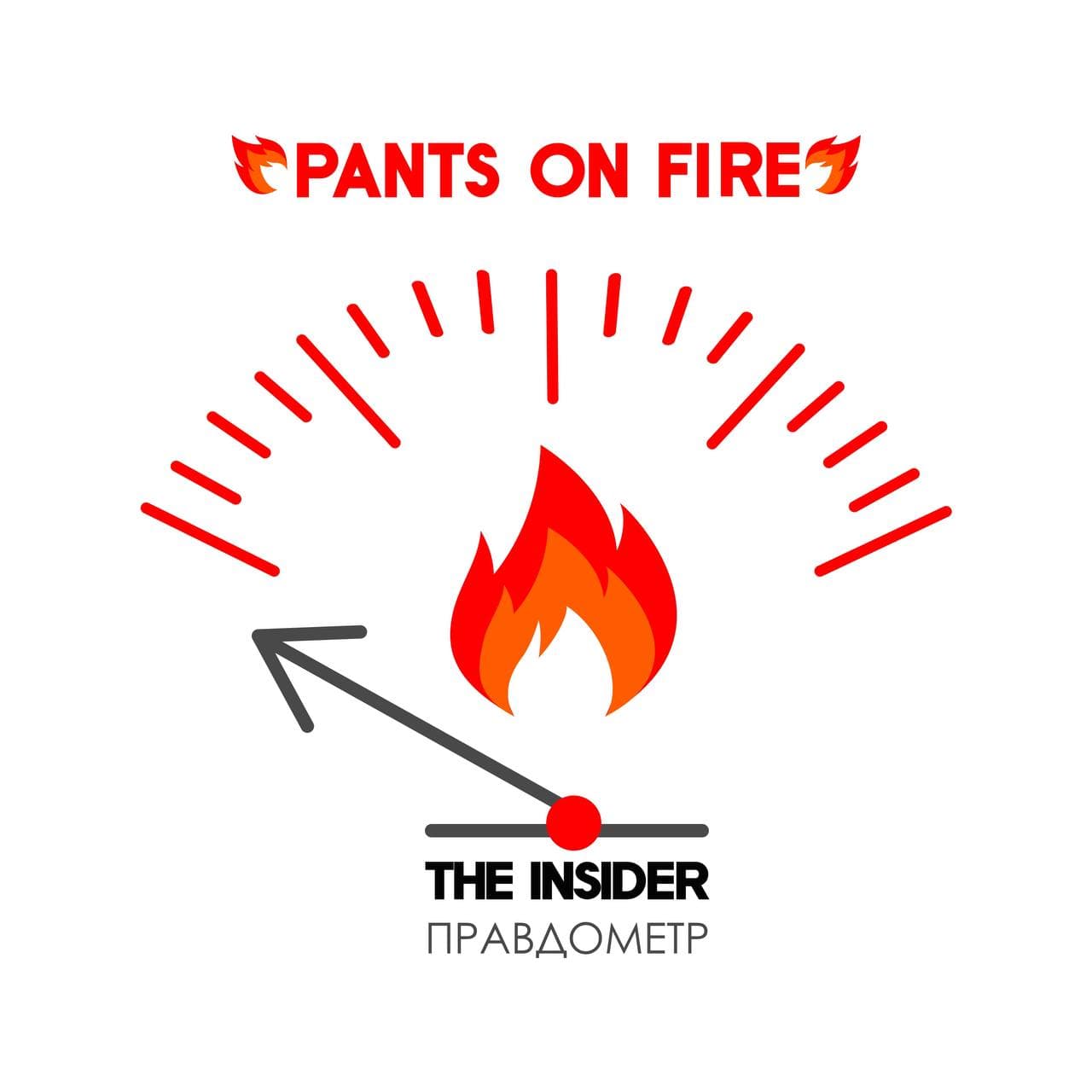Dmitry Medvedev, in his Telegram channel, is outraged by European governments that seek economic independence from Russia:
“The governments of European states, especially the impoverished Balts, the rabid Poles and the Finns fleeing NATO, are competing to see who will speak more angrily about their desire to break off all relations with Russia. Literally: we despise the Russians and do not want to let them go anywhere. Cancel visas. Forget books. Unsee pictures. Hear the music. Gas and oil - we will not take. Although no ... the latter is more difficult, especially in anticipation of a cold winter. But for now, all European politicians are trying to stay in tune - no ties with the Russians. From now on and forever! <…>
But ordinary citizens, judging by the results of opinion polls, have not lost common sense. More than half of the inhabitants of the EU countries are not at all eager to break contacts with Russia. <…>
All this nonsense - from saving on the cremation of bodies to washing toilet paper - in order to punish the distant "dense Russia", which did not harm any of the EU citizens with its operation in Ukraine."

In terms of polls, in June the European Parliament published the Eurobarometer, a survey of European sentiment on the major issues of our time. 81% of respondents from all 27 EU countries support the EU policy in the field of common security and defense, 87% expect Brussels to reduce energy dependence on Russia, 57% support the EU's response to Russian aggression, and 80% agree with economic sanctions (and even " pro-Russian" Hungary 72%), with a ban on the broadcasting of Russian state media - 70% (although there are two countries where there are more opponents of this measure than supporters: Bulgaria and Cyprus), with financial support for Ukraine and the transfer of weapons to it - 70% (again on the whole, Bulgarians and Cypriots, as well as Slovaks, were opposed), with humanitarian assistance to victims of the war - 93%, with the reception of Ukrainian refugees - 91% (in no country were the opponents of these measures in the majority). This is the common sense of "ordinary citizens".
But for some reason, washing toilet paper simultaneously interested Medvedev, RIA Novosti and Vesti. The news story says :
“British people are encouraged to buy reusable toilet paper. And it's not a joke.
Newspapers write that tissue paper is not only environmentally friendly, but will save a fortune on buying new rolls, because it can be washed and reused.
This call was heeded in other countries. All reusable toilet paper was quickly sold out on the website of one of the Canadian manufacturing companies.
This is followed by a quote from Medvedev's Telegram channel that all this is to punish Russia. And RIA Novosti reports :
"Reusable toilet paper is sold out on the website of the Canadian manufacturing company Net Zero Company , RIA Novosti correspondent reports."
The message ends with the same reference to Medvedev.
Well, reusable toilet paper (or rather, tissue mini-towels replacing paper) is really no joke. But it has nothing to do with savings, let alone “punishing Russia”.
This product appeared on the market in 2020; manufacturers positioned it as a "green" solution that would save a lot of trees from being cut down. This product did not become especially popular. Various publications pointed out the disadvantages of such “paper”: there is a risk that even after washing, pathogenic bacteria will survive on it, in order to eliminate this risk, it must be washed with chemical bleaches, and their use is harmful to the environment, and it is also spent on heating water for washing energy.
In addition, this technology will not help save money: “reusable paper” is quite expensive. There are only 24 squares in a roll, and it costs $28 in the Amazon online store, and this is also discounted. For comparison: a standard roll of plain paper can contain more than 500 squares, and a pack of 80 rolls of such paper on the same Amazon costs $47.50, so the purchase will pay off only after more than 600 washes, if the “paper” withstands them. Manufacturers are clearly not counting on savings enthusiasts, but on an “environmentally conscious” buyer.
On the website of the Canadian manufacturer of "alternative paper" Net Zero Company it does appear that the product is sold out. It is not known what is the reason for this: high demand or, conversely, the cessation of production. But similar goods from other manufacturers are presented on many trading floors.


